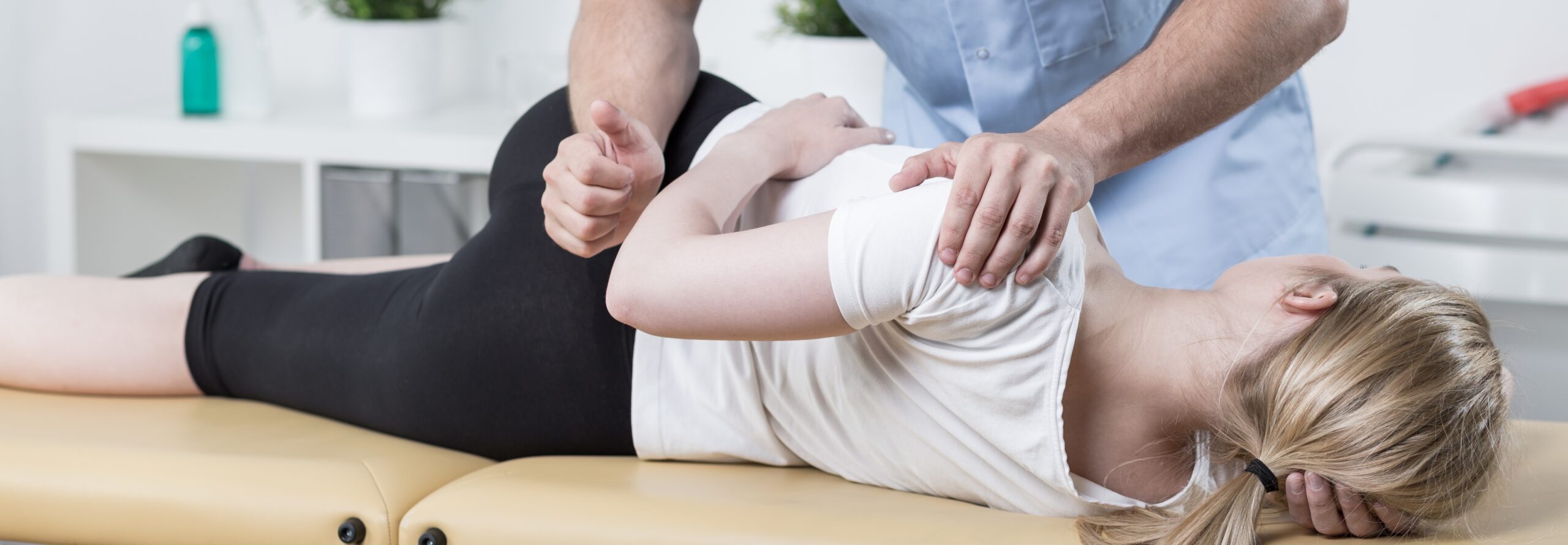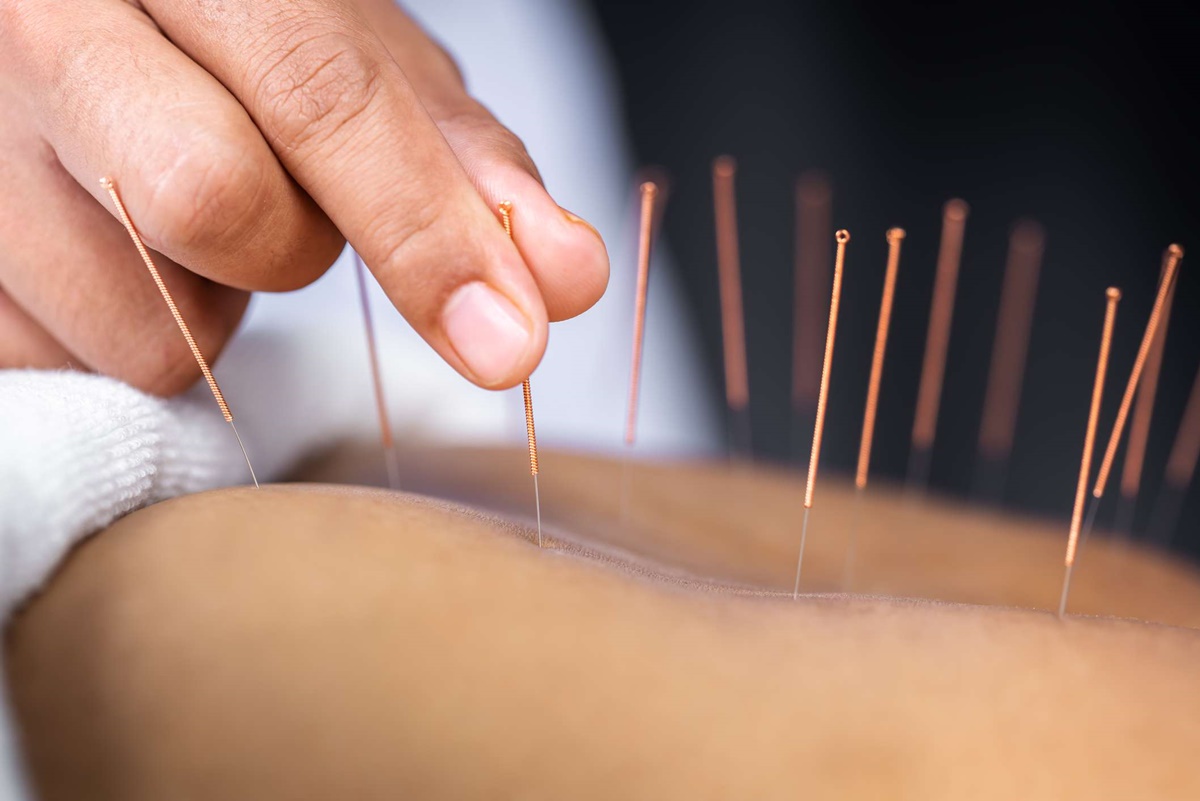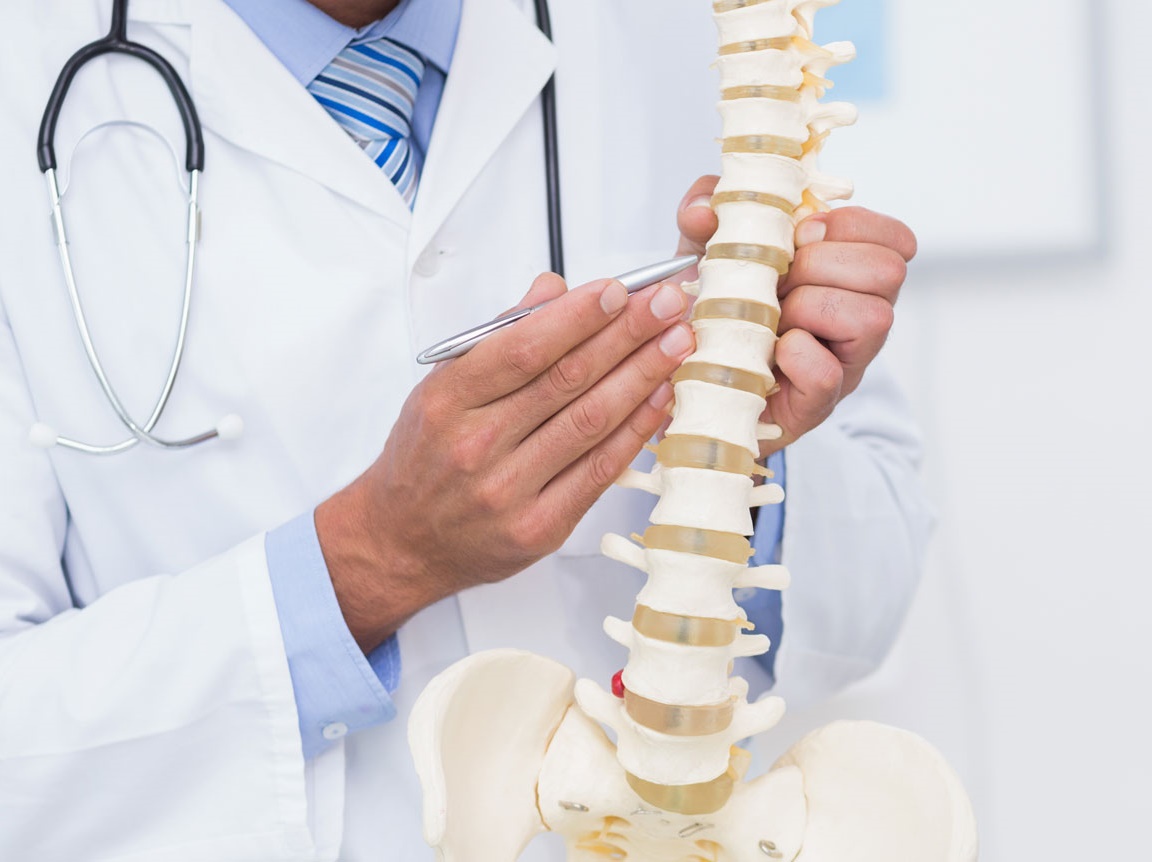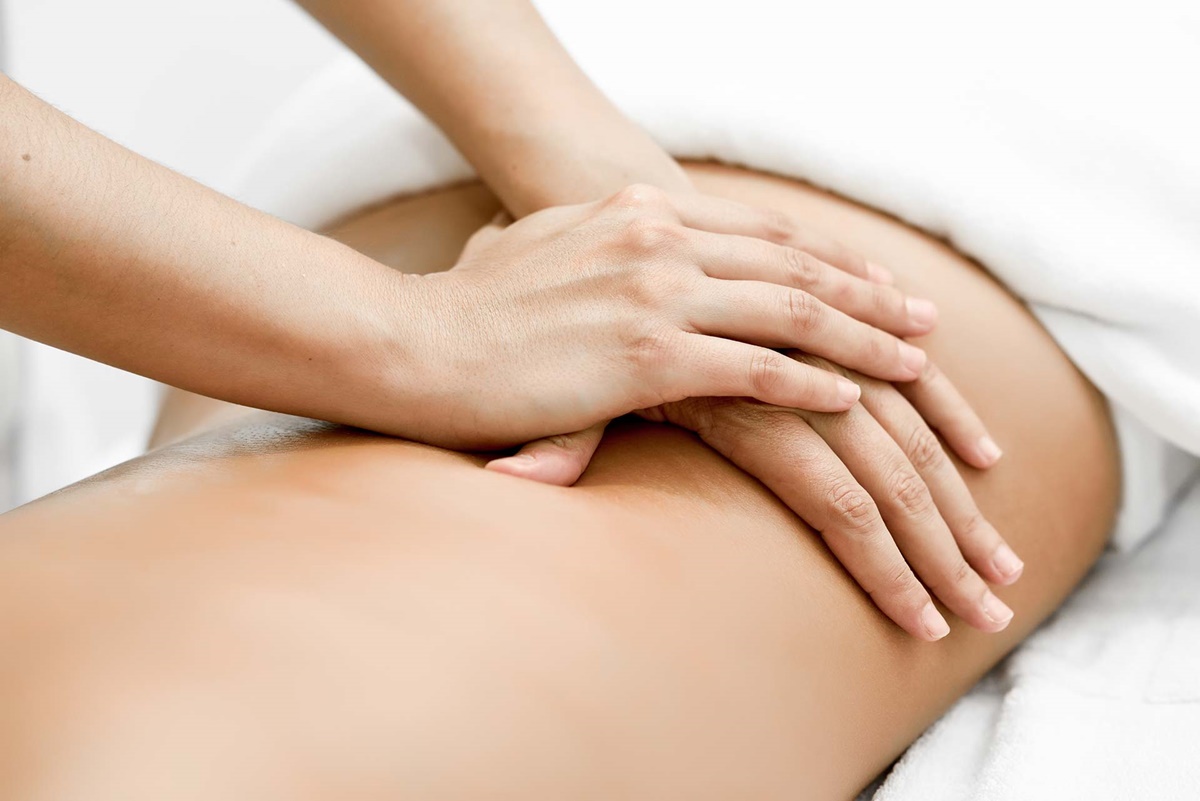
Have you looked into our alternative therapies yet?
Acupuncture
What is Acupuncture?
Acupuncture is the insertion of very fine needles into the skin at specific parts of the body, treat or prevent ill health, or to maintain good health.
Chinese acupuncture has been used for thousands of years (it pre-dates Christianity). It is part of the wider system of Traditional Chinese Medicine (TCM) which evolved and developed in China over 2000 years ago and is used to diagnose and treat disease. TCM also includes herbal medicine, nutrition, exercise (Qi Gong) and massage (Tuina).
READ MORE
The first acupuncture textbook, the Nei Jing Su Wen – the Yellow Emperor’s Classic of Internal Medicine, was published around 200BCE. Many other countries in the Far East have also developed specific acupuncture styles and herbal medicine protocols in accordance with their own specific local needs. Collectively, these are known as ‘Traditional East Asian Medicine’.
Chinese medicine is based around the theory that energy (known as qi and pronounced ‘chee’) flows through pathways, also known as channels or meridians, throughout the body. Chinese medical theory suggests that when the flow of qi is unbalanced or obstructed, illness or pain may be the result. By skilfully inserting fine needles into very specific points along these channels, an acupuncturist can stimulate the body’s own healing response and help restore its natural balance.
Modern acupuncture needles are made from very fine, sterile, surgical steel with metal or plastic handles. They are much finer than the standard injection needle used to take your blood. Acupuncture needles are only ever used once and then destroyed by incineration, like all other medical waste. They are never, ever reused. Acupuncture needles are solid and do not contain any form of drug and nothing is injected during the treatment.
Acupuncture is not at all painful and many people are not even aware that the needles have been inserted. It certainly feels nothing like having an injection or having your blood taken.
Our Acupuncture clinic runs every Monday with the incredible Paul Douglas – to find out more about Paul and his qualifications, click here.
Your first appointment for acupuncture involves a private consultation with a fully qualified, BCA-certified and professional acupuncturist. This appointment consists of a consultation followed by acupuncture treatment, if you are suitable (most people are!), and lasts around an hour. There is no charge for the session if no treatment is given. We ask that new acupuncture patients arrive 5 minutes early to their first appointment to complete some essential paperwork. Standard acupuncture treatments after the initial appointment last approximately 45 minutes in duration. If you have any questions or want to know more about acupuncture, please give us a call to speak to a member of our team!


How can it help You?
Acupuncture has a number of benefits, with needles so fine that you do not feel them at all. Many patients don’t even notice them going in!
Some of the ailments that can benefit from acupuncture are:
– Neck, Back, Knee and Joint Pain
– Rheumatoid and Osteo-Arthritis
– PMS and Dysmenorrhea
– Morning Sickness
– Neurodermatitis and many more!
Massage
What is Massage?
Massage is a stress relieving therapy; deep tissue massage helps lower blood pressure, tension and anxiety. Regular body massage induces a positive state of mind; helping us to concentrate and perform better at our workplace.
Massage is not only very enjoyable and extremely relaxing, but is often overlooked as an essential experiential part of achieving and maintaining good health. Muscle massage therapy improves circulation, expels toxins, rejuvenates the skin and improves overall muscle tone.
READ MORE
Stress: Massage is one of the best-known antidotes for stress. Reducing stress gives you more energy, improves your outlook on life, and in the process reduces your likelihood of injury and illness. Massage can also relieve symptoms of conditions aggravated by anxiety, such as asthma or insomnia.
Painful or tight muscles: Massage can relieve many types of muscle tightness – from a short-term muscle cramp, to a habitually clenched jaw, or tight shoulders. Some massage techniques release tension directly by stretching, kneading, and compressing your muscles. Other techniques work indirectly, by affecting your nervous system which then allows your muscles to relax.
Delayed Muscle Soreness: After vigorous exercise, a build-up of waste products in your muscles can leave you feeling tired and sore. Massage increases circulation which removes waste products and brings in healing nutrients.
Injuries: Massage can help heal injuries that develop over time, such as tendinitis, as well as ligament sprains or muscle strains caused by accidents. Massage reduces inflammation by increasing circulation to the affected area, which removes waste products and brings nutrients to injured cells. Certain massage techniques can limit scar formation in new injuries and can reduce or make more pliable the scar tissue remaining around old injuries.
Prevention of new injuries: By relieving chronic tension, massage can help prevent injuries that might result from putting stress on unbalanced muscle groups or from favouring or forcing a painful and restricted area.
Joint Pain or Restriction: Besides releasing tight muscles that restrict joint movement, massage works directly on your joints too by improving circulation around them and stimulating the production of natural lubrication within them, relieving pain from conditions such as osteoarthritis.
Posture: As massage releases restrictions in muscles, joints, and surrounding, your body is free to return to a more natural and healthy posture.
The physiological effects of massage:
- Can improve tone and colour of the skin
- Encourages better circulation and so a more efficient delivery of nutrients
- Encourages deeper breathing to a more relaxed breathing
- Reduces swelling by encouraging better lymph drainage
- Relieves muscle fatigue to tired sore muscles
- Relieves stiff joints therefore more beneficial for arthritis sufferers
- Promotes general relaxation
- Encourages sleep and therefore helps with insomnia
- Encourages better waste removal
The psychological effects of massage:
- Relaxes the mind reducing anxiety & tension and the effects of stress
- Very soothing and comforting, lifts the spirits on an emotional level and increasing positive feelings
- Increases energy by invigorating all body systems therefore reducing fatigue after the energy in the body is spent held in a state of tension and strain
- Promotes self esteem
- Eases discomfort of aches and pain

